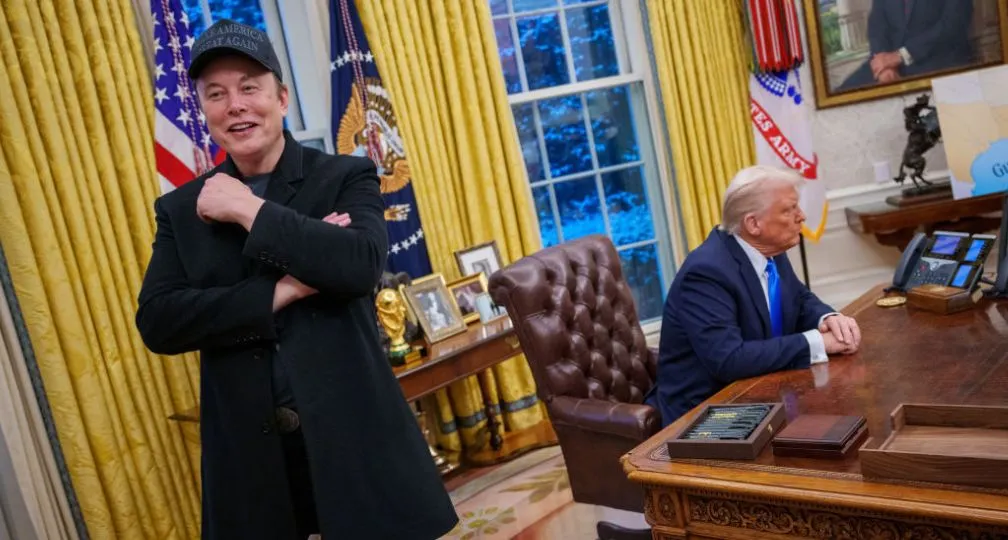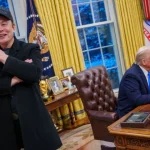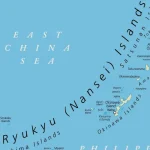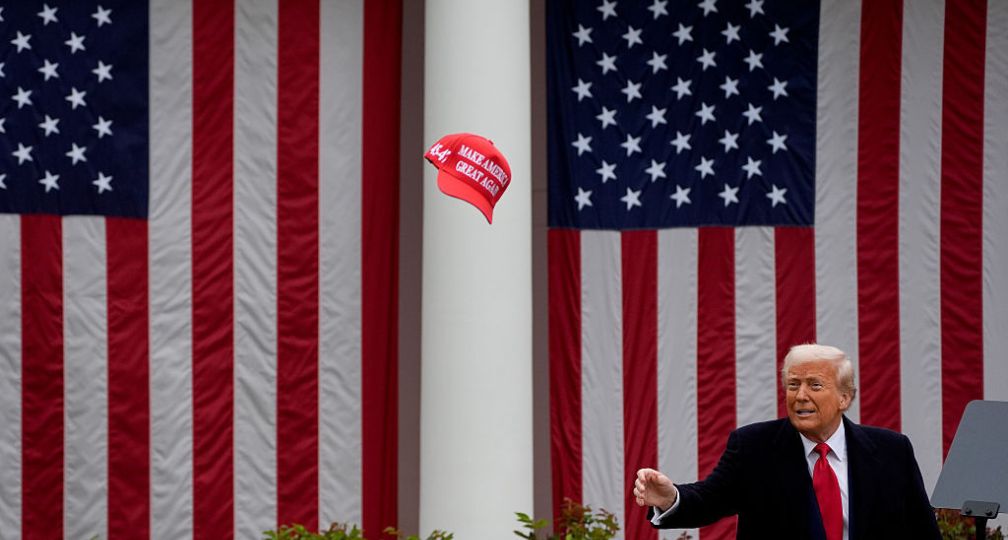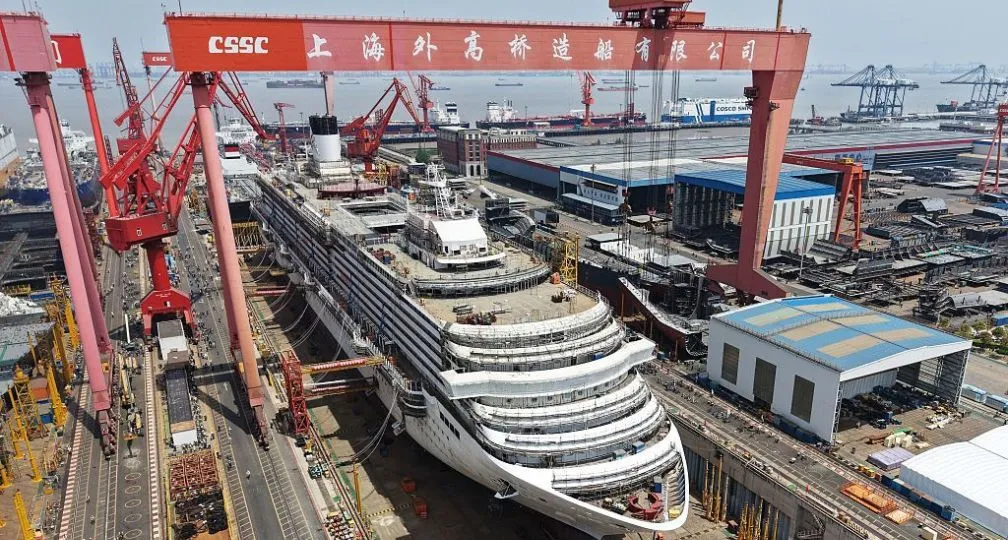IOG Economic Intelligence Report (Vol. 2 No. 23)
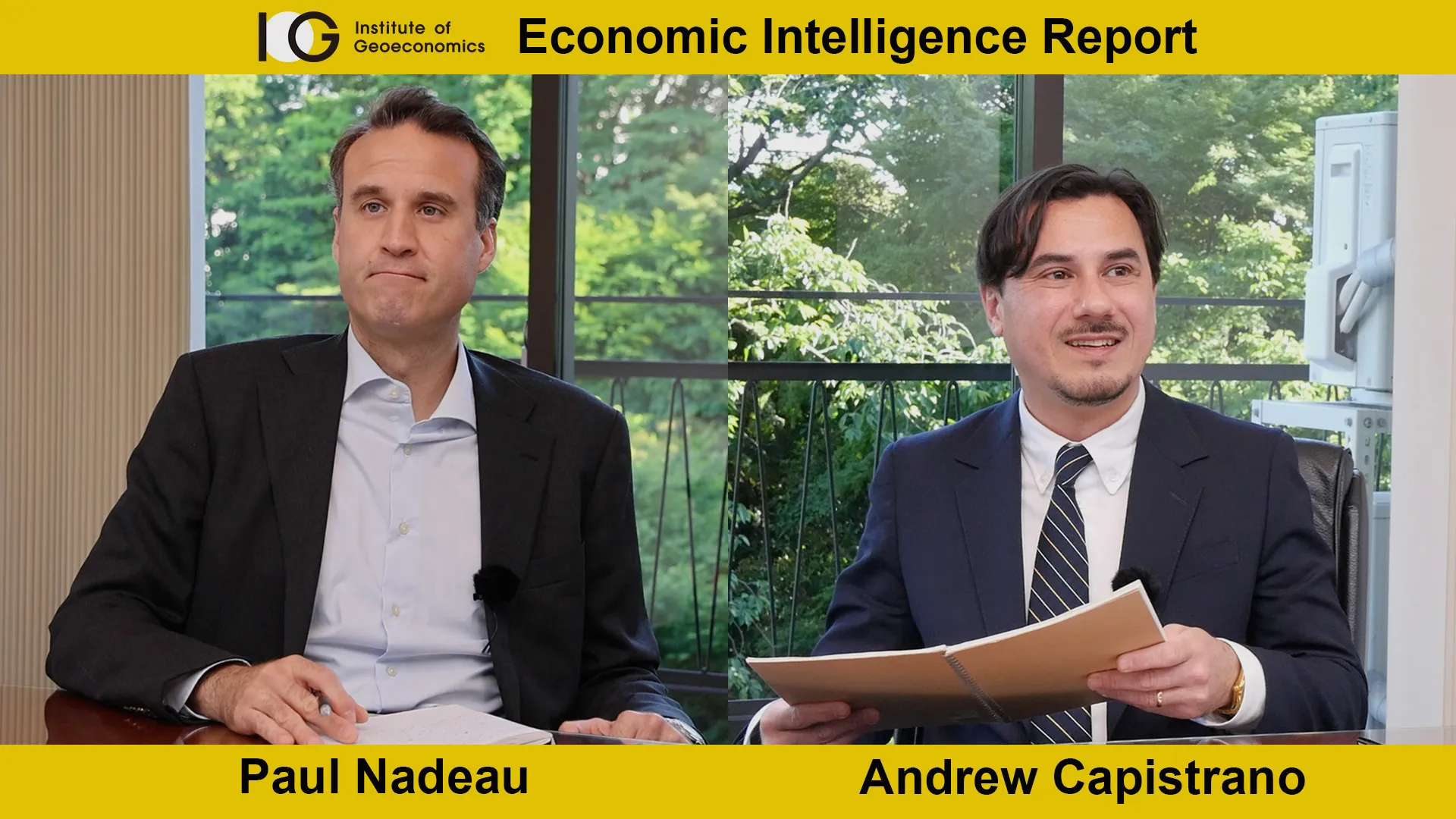
The latest regulatory developments on economic security & geoeconomics
Japan & ASEAN at 50: Japan and the Association of Southeast Asian Nations (ASEAN) agreed to deepen relations following a gathering in Tokyo to commemorate 50 years of Japan-ASEAN relations and released a joint vision statement on December 17 detailing their plans for future cooperation. Among other items, the vision statement addresses strengthening supply chains and promoting sustainable energy practices. The meeting also featured the announcement of a new initiative to develop a next-gen auto industry to continue ASEAN economies’ involvement in global auto production.
EU Adds New Sanctions on Russia: The European Union adopted its twelfth package of sanctions against Russia in response to its invasion of Ukraine in February 2022. The new package adds 140 individuals and entities subject to asset freezes, specifically those in the IT sector, those who have administered elections in Russian-occupied Ukrainian territory, those involved with the abduction of Ukrainian children, as well as those involved in spreading disinformation. The package also imposes an import ban on Russian diamonds, an import ban on materials used for steel production, and export restrictions on dual-use technologies and certain industrial goods. The G7 oil price cap has also been tightened to prevent circumvention by Russia.
The United States Observes Human Rights Day: The United States marked Human Rights Day on December 10 by imposing new sanctions and visa restrictions on 37 individuals across 13 countries, while the State Department issued the Uyghur Human Rights Policy Act (UHRPA) Report to Congress and the Treasury Department announced sanctions on two Chinese individuals for their connections to human rights abuses in Xinjiang. The State Department’s statement also mentioned that these measures were taken in coordination with Canada and the United Kingdom.
Another Round: Japan and the United States held the fourth round of meetings under the United States-Japan Partnership on Trade from December 14-15, 2023. According to a readout from the Office of the U.S. Trade Representative, negotiators discussed digital economy issues, the U.S.-Japan Critical Minerals Agreement (CMA), concerns over the trade practices of third countries, and labor issues in supply chains.
Congressional Concerns about Vietnam & NME: Congressional hawks sent a letter to U.S. Commerce Secretary Gina Raimondo, asking her department to reconsider its decision to review Vietnam’s status as a nonmarket economy (NME), a designation which usually leads to higher duties on products originating from that country. The authors, Senators J.D. Vance (R-Ohio), Josh Hawley (R-Missouri), and Tom Cotton (R-Arkansas), wrote about their concern with the Commerce Department’s decision to reconsider Vietnam’s NME status following an official request from the Government of Vietnam asking Commerce to consider it a market economy in light of its economic reforms. The review process is intended to take 270 days and includes a public comment period.
Trilateral Coordination on North Korea: The national security advisors of Japan, South Korea, and the United States agreed to new efforts to prevent North Korea’s circumvention on international sanctions regimes designed to prevent funding for its nuclear weapons and missile programs. In an interview, U.S. National Security Advisor Jake Sullivan said that the efforts would be directed toward cryptocurrency and money laundering.
EU Drafts Legislation on AI: The European Union reached a deal on an effort to regulate artificial intelligence with an agreement on the Artificial Intelligence Act. The legislation, which will take effect in 2025 at the earliest, will include restrictions on AI use by law enforcement agencies for things like facial recognition and predicative policing, though the full text has yet to be released as negotiators finalize the details. Thierry Breton, EU Commissioner for Internal Market, described the Act as “a launchpad for EU startups and researchers to lead the global AI race”.
Analysis: The Hazards of Economic Security
Taking stock of the world of geoeconomics and economic statecraft as the year ends creates a mixed but unsettling picture. There’s no doubt that world is getting better at economic coercion: It’s clear that countries are getting more sophisticated and more refined in their efforts at sanctions, controls, and other forms of economic insecurity. Scholars and policymakers have more knowledge of the interconnections of the global economy, how those connections can be exploited for strategic goals, and what the blowback might be. Governments around the world are taking economic security more seriously, through cabinet-level ministerial offices, diplomats stationed in posts with portfolios specific to economic security, and economic strategy documents being drafted to focus the minds of bureaucrats and decision makers on the issues and risks to economic security. These are all positive developments – the risks to economic security are real and harmful to economic welfare and it’s better to develop coordination and knowledge than to fly blind.
There are tangible payoffs to these initiatives. Sanctions programs are getting more sophisticated and more targeted, giving decision makers a meaningful tool that they can leverage in ways that are more refined than in the past. The massive sanctions regime imposed on Russia following its invasion of Ukraine gave countries a means to respond to the invasion without the need for direct military confrontation. Countries are recognizing the need for coordination and are making efforts to align their approaches where possible. Adapting language like “de-risking” to describe economic posture toward China is a better and more accurate choice of words than “de-coupling”.
At the same time, there’s still a lot that we don’t know and won’t for a long time. That’s certainly true for last year’s announcement that the United States, in coordination with Japan and the Netherlands, would block the export of advanced semiconductor manufacturing equipment to China. While the justification for these controls is their possible use in military applications, and the United States has decided that maintaining their military edge over China means not simply keeping ahead of China’s military technology but staunching their military innovations when possible. The problem is that advanced semiconductors don’t only have military applications but are also considered essential for future economic growth. Not only does this mean that the intentions of export control regimes on these technologies can be misconstrued (deliberately or not) but that it will get harder to untangle which restrictions are security driven and which are economic when in practice it’s effectively both.
Disentangling economics and security is one of two key challenges for economic statecraft to resolve. It won’t be easy, either – the confluence of governments concerned about economic security and private firms concerned about economic resilience have both made governments and firms realize their concerns are interlinked while also reminding them that their goals are often at cross-purposes. It’s an oversimplification to simply think that all that’s needed is the right balance between security and commercial concerns because not all goods and services mean the same thing or carry the same weight. But supply chains are fundamentally corporate decisions more than government policy decisions, so it’s impossible for one to exist without the other. The relationship between commerce and security is complicated, perennial, and not easy to solve, but also essential to getting economic statecraft right – especially in an interconnected world where choices can reverberate throughout the system. As Henry Farrell and Abraham Newman remind, the interconnections of globalization have created a platform where everything can become war.
The second challenge is the problem of inertia. The concern is that economic statecraft becomes a world of detached bureaucrats acting in abstract and making progress more for the sake of career goals than for national security or economic wellbeing. Or that decision makers reach for economic security tools as a safer alternative for military force if they want to coerce regardless of whether those tools are appropriate or not. The relative “safety” of economic tools are also makes them extremely hazardous if they’re used to give the appearance of activity without solving the underlying issues that exist beyond where coercive forces can reach. Policy is about continuous improvisation and learning, and even when a clear program is set out there’s still the challenge of dealing with unintended consequences. The growing body of research on sanctions and economic statecraft is showing that blowback and unintended consequences are everywhere and overreliance on a single set of tools can create distortions that can ripple throughout the system for years. None of these risks are exotic or novel, but without high-level coordination with broader strategic goals they can take on an inertia of their own and become endemic to the system. Unsettlingly, that seems to be exactly what the United States is struggling with right now, and why what are, on the surface, welcome and worthwhile goals are becoming their own challenge to the international order as countries and companies wait to see what comes next.
Solutions to these challenges won’t come easily, but will be essential if economic statecraft can fulfill its potential as a policy tool. There’s been a lot of worthwhile progress, but there’s still a lot of work to be done to refine these tools.
Disclaimer: The views expressed in this IOG Economic Intelligence Report do not necessarily reflect those of the API, the Institute of Geoeconomics (IOG) or any other organizations to which the author belongs.
API/IOG English Newsletter
Edited by Paul Nadeau, the newsletter will monthly keep up to date on geoeconomic agenda, IOG Intelligencce report, geoeconomics briefings, IOG geoeconomic insights, new publications, events, research activities, media coverage, and more.


Visiting Research Fellow
Paul Nadeau is an adjunct assistant professor at Temple University's Japan campus, co-founder & editor of Tokyo Review, and an adjunct fellow with the Scholl Chair in International Business at the Center for Strategic and International Studies (CSIS). He was previously a private secretary with the Japanese Diet and as a member of the foreign affairs and trade staff of Senator Olympia Snowe. He holds a B.A. from the George Washington University, an M.A. in law and diplomacy from the Fletcher School at Tufts University, and a PhD from the University of Tokyo's Graduate School of Public Policy. His research focuses on the intersection of domestic and international politics, with specific focuses on political partisanship and international trade policy. His commentary has appeared on BBC News, New York Times, Nikkei Asian Review, Japan Times, and more.
View Profile

